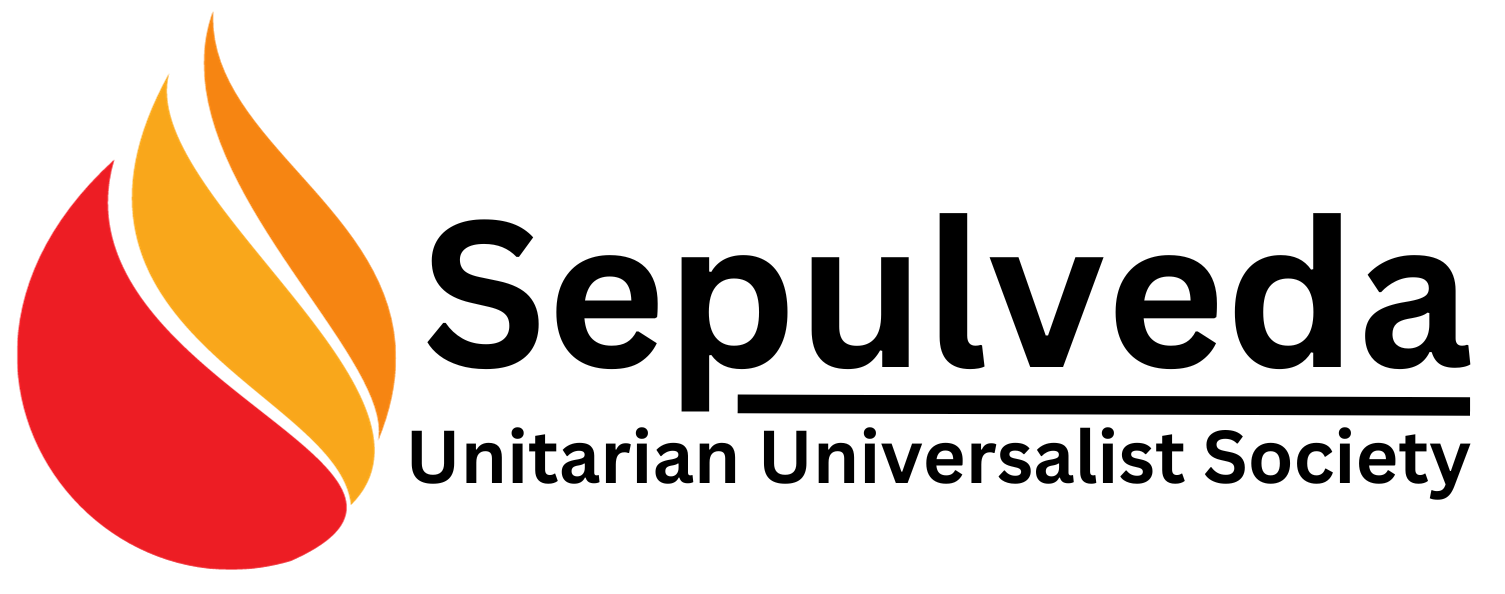Day 23. Families Navigating Disabilities Together.
Today, we focus on families who navigate the complex dynamics of living with disabilities. Families with members who have physical, cognitive, or emotional disabilities face unique challenges, but they also demonstrate immense strength, creativity, and love. Disability can change the way families interact, work, and support each other, but it also brings opportunities for deep connection, resilience, and growth.
Understanding Disability in the Family Context
Disability in families takes many forms, from physical disabilities that affect mobility or physical health, to developmental or intellectual disabilities that impact learning and communication, to mental health conditions that can change how individuals interact with the world. Some disabilities are congenital, meaning they are present from birth, while others may be acquired later in life due to illness, injury, or aging.
Regardless of the type of disability, the experience of navigating daily life with a disability—whether as a person with a disability or as a family member supporting someone with a disability—requires flexibility, compassion, and determination.
The Strengths of Families Navigating Disabilities
- Deepened Bonds: Families with members who have disabilities often develop close, supportive relationships. The experience of facing challenges together can strengthen family bonds. Parents, siblings, and extended family members often learn to rely on one another in ways that promote empathy, understanding, and mutual support
- Increased Resilience: Families who navigate disabilities tend to develop resilience as they find ways to overcome barriers. Whether it’s learning how to access services, adapting the home environment, or dealing with stigma, these families often show remarkable strength in the face of adversity. Children raised in families with disabilities frequently develop empathy, patience, and problem-solving skills
- Advocacy and Empowerment: Families of children with disabilities are often their strongest advocates. They learn about their child’s rights and work tirelessly to ensure they receive the education, healthcare, and community support they need. Many families also become advocates for disability rights in their communities, pushing for social change and greater accessibility for all
- Creativity in Daily Life: Families navigating disabilities often become highly creative in their daily routines. Whether it’s modifying a home to accommodate mobility aids or developing alternative communication strategies, these families come up with solutions that work for their unique situations. This creativity often spills over into other aspects of their lives, as they find innovative ways to approach everyday challenges
- A Supportive Community: One of the most powerful aspects of families navigating disabilities is the importance of building a support network. Whether through extended family, friends, or online and in-person disability support groups, families find strength in connecting with others who understand their experiences. These networks offer emotional support, advice, and a sense of community
Common Challenges for Families Navigating Disabilities
- Access to Resources: One of the greatest challenges faced by families navigating disabilities is access to resources. This can include difficulty finding appropriate healthcare, special education programs, therapy services, and financial support. Many families struggle with navigating complex systems to ensure they have the support and resources they need
- Stigma and Misunderstanding: Families of children or adults with disabilities may face stigma or misunderstanding from others who do not have a clear understanding of disability. This can range from insensitive comments or judgments to exclusion from social activities or school events. Families often have to navigate both external and internalized stigma as they advocate for their loved ones
- Balancing Caregiving and Other Responsibilities: Caregiving for a family member with a disability often requires balancing multiple roles, such as being a caregiver, provider, and emotional support system. The strain of managing these responsibilities can lead to burnout, particularly when there is little external support or recognition for the work caregivers do
- Financial Strain: Many families of people with disabilities face financial difficulties due to the cost of medical care, therapies, assistive technology, and home modifications. Navigating the complexities of insurance, government assistance programs, and out-of-pocket expenses can be overwhelming
- Lack of Accessibility: Accessibility can be a significant barrier for families with disabilities. From public spaces to transportation to healthcare facilities, many areas remain inadequate for individuals with physical, sensory, or cognitive disabilities. Families often have to advocate for changes to improve accessibility for their loved ones
Resources for Families Navigating Disabilities
- The Arc: The Arc is a national organization that advocates for people with intellectual and developmental disabilities and provides support, information, and resources for families
- National Disability Rights Network (NDRN): NDRN offers a wealth of resources to help families navigate disability rights, including education, healthcare, and employment issues
Reflecting on Families Navigating Disabilities
Families navigating disabilities together demonstrate remarkable resilience, adaptability, and love. From providing emotional support to advocating for rights and resources, these families show us the power of determination and the importance of community. Despite the challenges they face, they are living examples of how disability can be integrated into family life in positive, empowering ways. Reflect on the ways you can support these families and advocate for greater inclusivity and accessibility. Together, we can create a more compassionate world where all families can thrive.
Join us tomorrow for “Day 24: Families with Neurodiverse Members” as we explore the vital role elders play in the lives of families, offering love, guidance, and invaluable experiences.
Learn more: Family Voices is a national nonprofit that advocates for families of children with special healthcare needs. The organization provides resources, support, and training on navigating healthcare systems and accessing services.
#UU #UUA #CelebrateDiversity #FamilyDiversity #FamiliesandDisabilities #DisabilityAdvocacy #DiverseFamilies
Discover more from SepulvedaUU
Subscribe to get the latest posts sent to your email.
